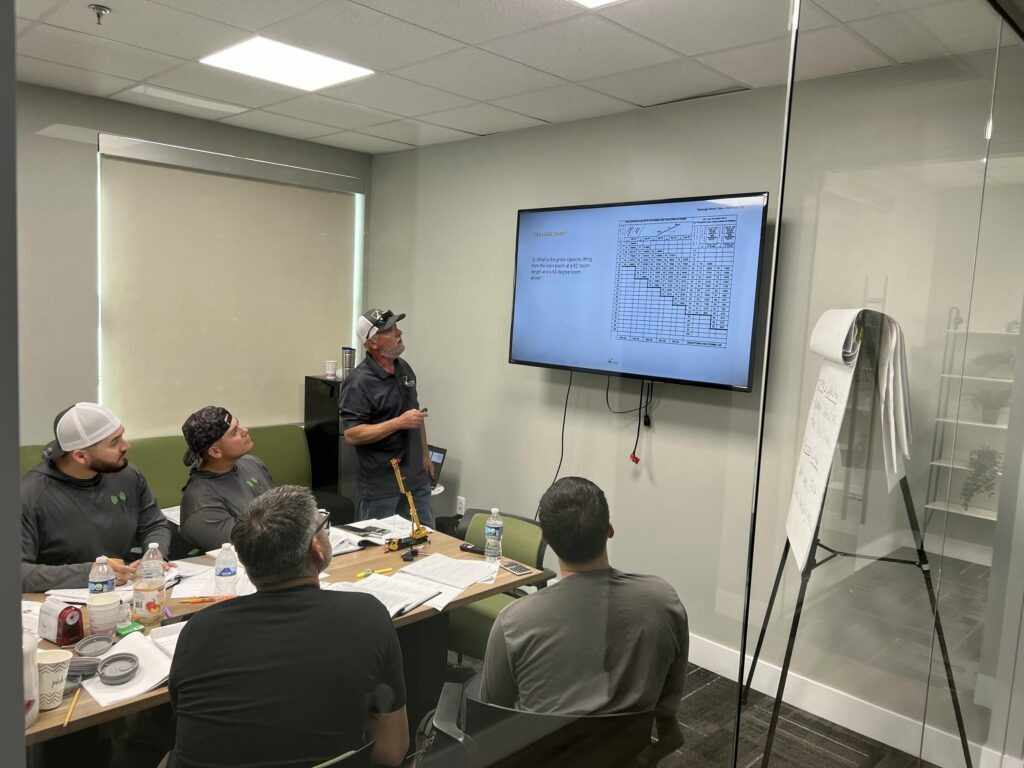Operating a service truck crane is a specialized skill that requires precision, expertise, and a deep understanding of safety protocols. Whether you are a seasoned operator or looking to enter the field, obtaining an NCCCO Service Truck Crane Operator certification is a critical step toward advancing your career. This training program equips individuals with the knowledge and practical experience needed to safely and efficiently operate service truck cranes, which are essential tools in industries like construction, utilities, and logistics.
The National Commission for the Certification of Crane Operators (NCCCO) is a widely recognized authority in crane operation certifications. Its Service Truck Crane Operator training program is specifically tailored to meet the demands of operating smaller, mobile cranes often mounted on service trucks. These cranes play a vital role in tasks such as lifting heavy equipment, materials, and tools, often in confined or challenging environments. The nccco certification training courses are prepared to handle these situations with competence and confidence.
The training begins with a comprehensive introduction to the fundamentals of service truck crane operation. Participants learn about the different components of the crane, including the boom, winch, and outriggers, as well as how to maintain these systems for optimal performance. Understanding how each part works and interacts is essential for safe operation and effective troubleshooting.
Safety is a cornerstone of the NCCCO training program. Operating service truck cranes comes with inherent risks, such as tipping, overloading, and equipment failure. The course emphasizes safety protocols, including proper setup procedures, load management, and risk assessment. Participants are trained to identify potential hazards on job sites, such as uneven terrain or overhead obstacles, and to implement strategies to mitigate these risks.
Load management is another critical aspect of the training. Operators must understand how to calculate load capacities and determine the crane's safe working limits. This includes learning how to read load charts, assess the weight of materials being lifted, and account for factors like boom angle and extension. Proper load management not only ensures the safety of the operator and crew but also prevents damage to the crane and surrounding property.
Hands-on training is a significant component of the NCCCO Service Truck Crane Operator program. Participants practice operating cranes under the supervision of experienced instructors, gaining real-world experience in lifting, swinging, and positioning loads with precision. This practical training helps build the confidence and skills needed to handle complex tasks in diverse work environments.
The program also prepares participants for the NCCCO certification exams, which include both written and practical components. The written exam tests an operator's knowledge of crane safety, mechanics, and regulations, while the practical exam evaluates their ability to perform specific tasks, such as lifting and moving loads accurately. Successfully passing these exams demonstrates a high level of proficiency and qualifies individuals for NCCCO certification.
Obtaining an NCCCO certification offers numerous benefits for crane operators. It not only validates their skills and expertise but also enhances their credibility in the industry. Many employers prefer or require certified operators, recognizing the value of working with individuals who meet rigorous national standards. Certification can also lead to increased job opportunities and higher earning potential, as it demonstrates a commitment to professionalism and safety.
The NCCCO Service Truck Crane Operator certification is also valuable for businesses. By employing certified operators, companies can reduce the risk of accidents and downtime, improve compliance with regulatory requirements, and enhance overall job site efficiency. This makes the investment in training worthwhile for both operators and employers alike.
Another advantage of the NCCCO training program is its focus on regulatory compliance. Participants learn about industry standards and regulations, including OSHA requirements for crane operation. Staying compliant not only ensures the safety of workers and the public but also protects companies from potential fines and legal issues.
For those new to the field, the NCCCO Service Truck Crane Operator training serves as an excellent entry point into a rewarding career. It provides the foundational knowledge and skills needed to succeed in the industry, while certification opens doors to job opportunities across various sectors. For experienced operators, the training offers a chance to refine their skills, stay updated on industry advancements, and demonstrate their commitment to excellence.
In conclusion, the NCCCO Service Truck Crane Operator training is a vital program for anyone looking to build or advance their career in crane operation. It combines comprehensive knowledge, practical experience, and rigorous certification to ensure operators are fully prepared to meet the challenges of the job. With a focus on safety, precision, and regulatory compliance, this training empowers individuals to excel in their roles and contribute to safer, more efficient job sites.








Write a comment ...